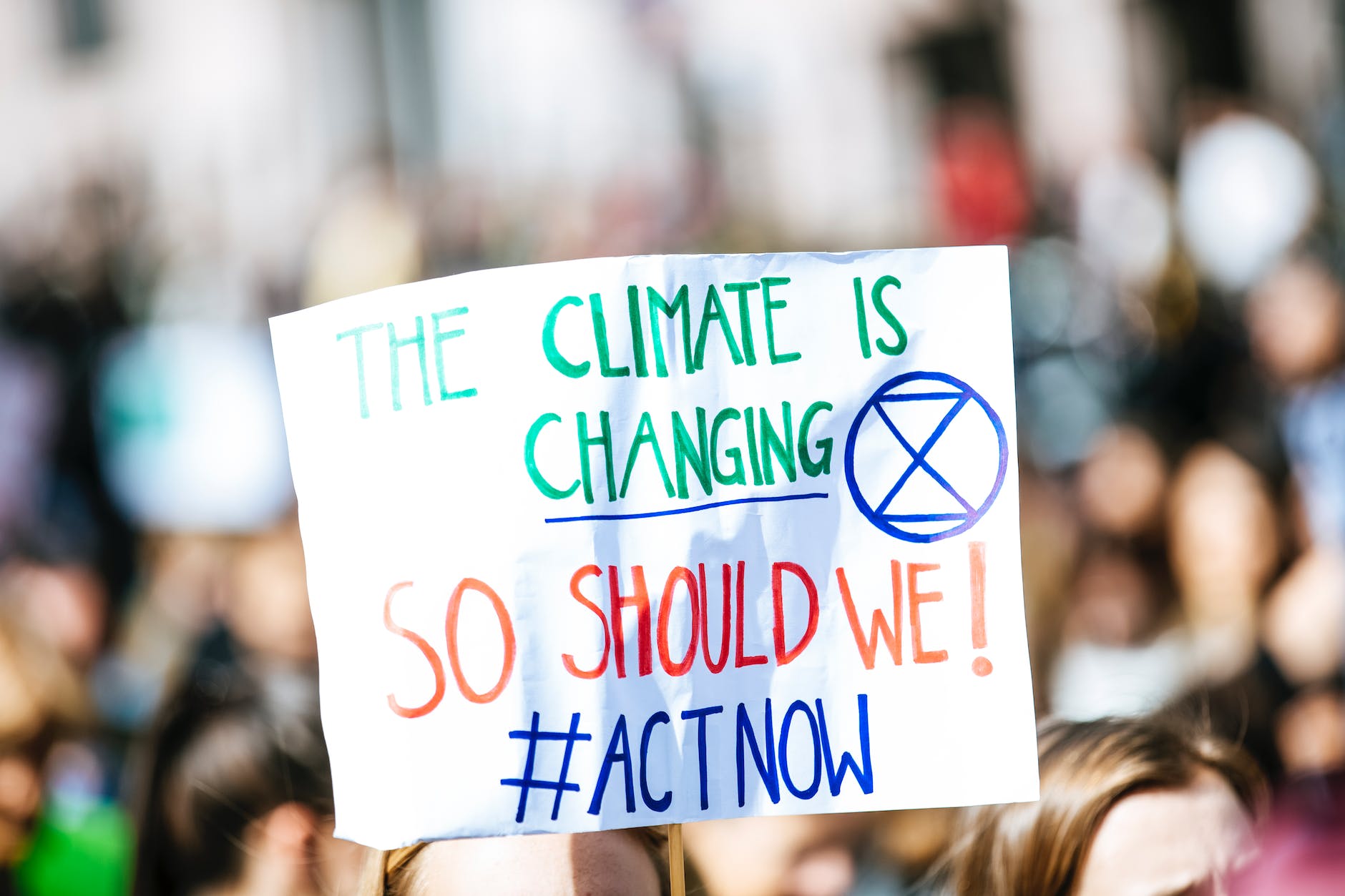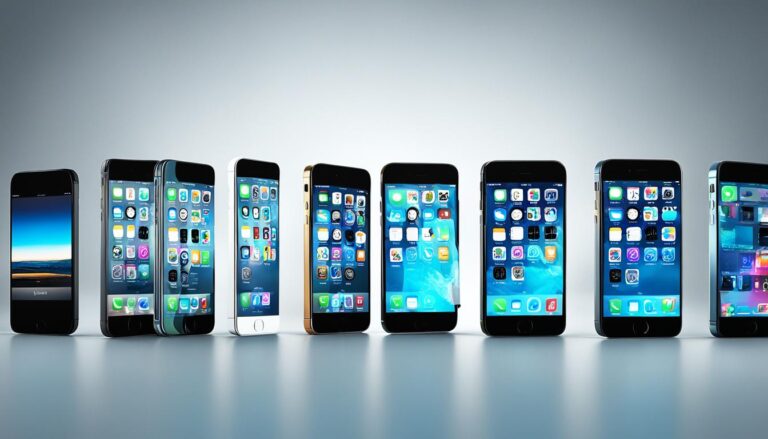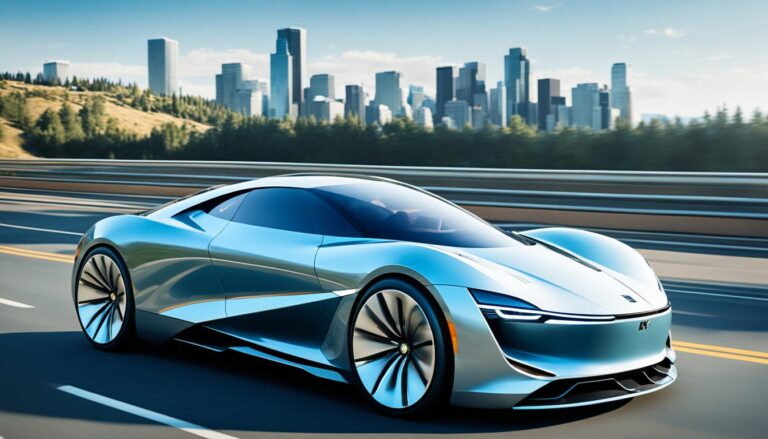
Photo by Pixabay on <a href="https://www.pexels.com/photo/adventure-backlit-dawn-dusk-207896/" rel="nofollow">Pexels.com</a>
Artificial Intelligence (AI) has been a buzzword in recent years, and for good reason. AI technology has the potential to transform the way we live, work, and interact with the world. But it’s not just big tech companies that are benefiting from AI – there are also a growing number of projects aimed at using AI for social good. From addressing climate change to reducing poverty and inequality, AI is being harnessed to tackle some of the world’s most pressing challenges.
Climate Change

Climate change is one of the most urgent issues facing our planet today. Rising temperatures, more frequent natural disasters, and changing weather patterns threaten our ecosystems, food supply, and even our homes. Fortunately, AI is being used to address this challenge in a number of ways. For example:
- Climate Modeling: AI is being used to improve climate modeling, allowing scientists to more accurately predict the effects of climate change and identify potential solutions. For instance, according to a report by the Global Commission on Adaptation, AI is being used to create predictive models that can help countries prepare for and respond to climate-related disasters.
- Renewable Energy: AI is being used to optimize the use of renewable energy sources like wind and solar power, improving their efficiency and reducing costs. For instance, according to a report by the International Renewable Energy Agency, AI-powered energy systems can reduce the cost of solar and wind power by up to 10%.
- Carbon Capture: AI is being used to develop new ways to capture and store carbon dioxide, a key greenhouse gas. For instance, according to a report by the World Economic Forum, AI-powered technologies such as direct air capture could potentially remove up to 10 gigatons of CO2 per year by 2050.
Poverty

Poverty remains a major challenge in many parts of the world, and AI is being used to address this challenge in a number of ways. For example:
- Financial Inclusion: AI is being used to provide access to financial services for people who were previously excluded from the traditional banking system. For instance, according to a report by the World Bank, AI-powered credit scoring models are enabling lenders to serve previously underserved populations such as small business owners and farmers.
- Healthcare: AI is being used to improve healthcare in developing countries, allowing doctors to diagnose and treat diseases more effectively and efficiently. For instance, according to a report by the World Health Organization, AI-powered diagnostic tools are helping healthcare workers in low- and middle-income countries to identify diseases like tuberculosis and HIV more accurately and quickly.
- Education: AI is being used to improve access to education, providing personalized learning experiences for students and improving the quality of education in low-income areas. For instance, according to a report by the Brookings Institution, AI-powered tutoring systems can improve student learning outcomes by up to 30%.
Inequality

Inequality is a complex issue that manifests in a number of ways, from income inequality to gender and racial disparities. AI is being used to address these challenges in a number of ways. For example:
- Hiring: AI is being used to reduce bias in the hiring process, ensuring that candidates are evaluated based on their skills and qualifications rather than their gender or race. For instance, according to a report by Harvard Business Review, AI-powered hiring tools can reduce bias in the recruitment process by up to 70%.
- Policing: AI is being used to improve policing, reducing the likelihood of racial bias and improving public safety. For instance, according to a report by the Brennan Center for Justice, AI-powered predictive policing tools can reduce crime rates by up to 15%.
- Healthcare: AI is being used to address health inequalities, providing personalized healthcare for underrepresented groups and reducing disparities in healthcare outcomes. For instance, according to a report by the National Institutes of Health, AI-powered algorithms can improve the accuracy of disease diagnoses and treatment recommendations for racial and ethnic minority patients.
Conclusion
In conclusion, AI has the potential to address some of the most pressing global issues, including climate change, poverty, and inequality. The projects and initiatives mentioned in this post are just a few examples of how AI is being used for social good.
While AI offers significant benefits, it is important to ensure that it is developed and used in an ethical and responsible manner. This includes addressing concerns around bias and fairness, as well as ensuring that AI is accessible and beneficial to all communities.
As we continue to explore the potential of AI for social good, it is important to consider how we can use this technology to create a more equitable and sustainable future for all. By harnessing the power of AI for social good, we can work towards a more just and inclusive world.
References:
- Global Commission on Adaptation. (2019). Adapt now: A global call for leadership on climate resilience. https://cdn.gca.org/assets/2019-09/GlobalCommission_Report_FINAL.pdf
- International Renewable Energy Agency. (2020). Innovation landscape briefs: Artificial intelligence and renewable energy. https://www.irena.org/-/media/Files/IRENA/Agency/Publication/2020/May/IRENA_AI_Renewables_2020.pdf
- World Economic Forum. (2020). Carbon capture, utilization, and storage: The opportunity for scalable negative emissions in the power sector. https://www.weforum.org/whitepapers/carbon-capture-utilization-and-storage-the-opportunity-for-scalable-negative-emissions-in-the-power-sector
- World Bank. (2018). World development report 2019: The changing nature of work. http://documents1.worldbank.org/curated/en/109711541494532684/pdf/2019-WDR-Report.pdf
- World Health Organization. (2019). Digital health and innovation: Key findings from the global observatory for eHealth series – Volume 7. https://www.who.int/goe/publications/digital_health/en/
- Brookings Institution. (2018). How artificial intelligence is transforming the world of work. https://www.brookings.edu/research/how-artificial-intelligence-is-transforming-the-world-of-work/
- Harvard Business Review. (2019). Why AI can’t fix biased hiring. https://hbr.org/2019/06/why-ai-cant-fix-biased-hiring
- Brennan Center for Justice. (2021). The promise and peril of police technology. https://www.brennancenter.org/sites/default/files/2021-01/The-Promise-and-Peril-of-Police-Technology.pdf
- National Institutes of Health. (2021). Artificial intelligence and health disparities. https://www.nih.gov/programs-initiatives/artificial-intelligence-health-disparities



